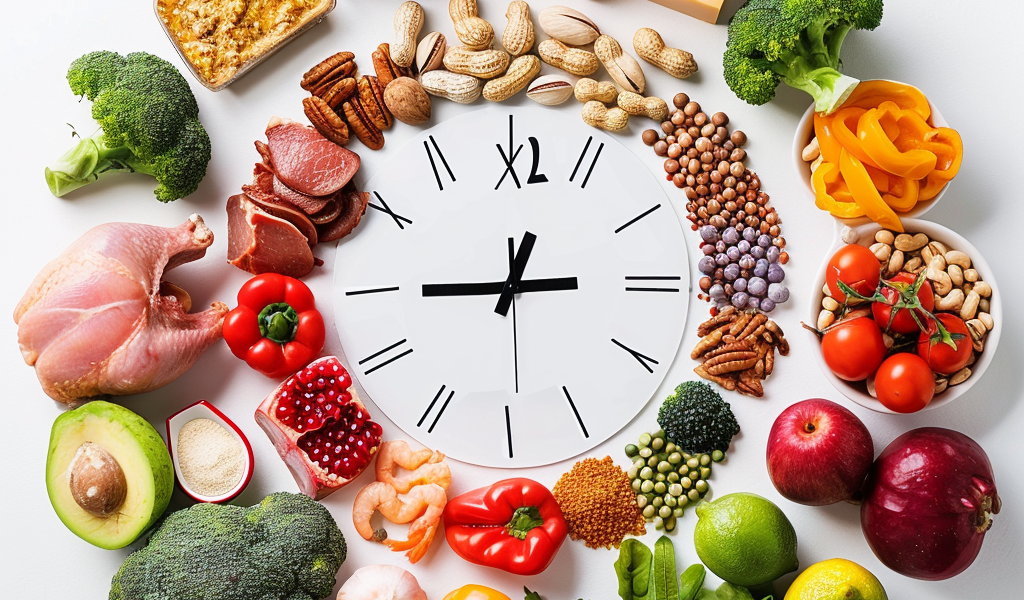Are animal proteins more effective than plant proteins for improving your mood? This question has been a topic of interest in recent years as researchers delve into the connection between diet and mental health. Studies have shown that the contents and timing of meals can influence the risk of depression and anxiety.
Research has indicated that consuming animal protein and high-quality carbohydrates, such as unprocessed red meat, poultry, dairy, and nuts, can be linked to a decreased risk of depression. On the other hand, the consumption of low-quality carbohydrates, like added sugars, may increase the risk of depression.
Protein consumption has been found to have a negative correlation with the risk of depression. Individuals who do not consume animal meat may have a higher risk of depression and anxiety. While some plant proteins can also have a positive impact on mental health, they are generally not as effective as animal proteins.
Aside from individual dietary factors, meal timing has also emerged as a significant influencer of mental health. Recent studies have suggested that the timing of meals within the circadian rhythm can impact how food is metabolized and, in turn, affect mental well-being.
A recent study specifically looked at the effects of the contents and timing of the first and last meal of the day on the risk of depression and anxiety. The results showed that a higher consumption of low-quality carbohydrates was associated with an elevated risk of depression, while the consumption of high-quality proteins and carbohydrates was linked to a decreased risk of depression.
Moreover, the timing of food intake played a role in mental health outcomes. Consuming animal protein and high-quality carbohydrates during dinner was associated with a lower risk of depression compared to having these items for breakfast. Conversely, consuming low-quality carbohydrates during dinner showed a correlation with an increased risk of depression.
Overall, while family history and environmental stressors are recognized as major risk factors for depression, the impact of diet on mental health should not be overlooked. Understanding the role of different dietary components and meal timing can provide valuable insights into how we can support our mental well-being through nutrition.





